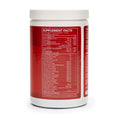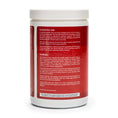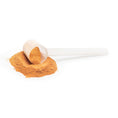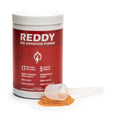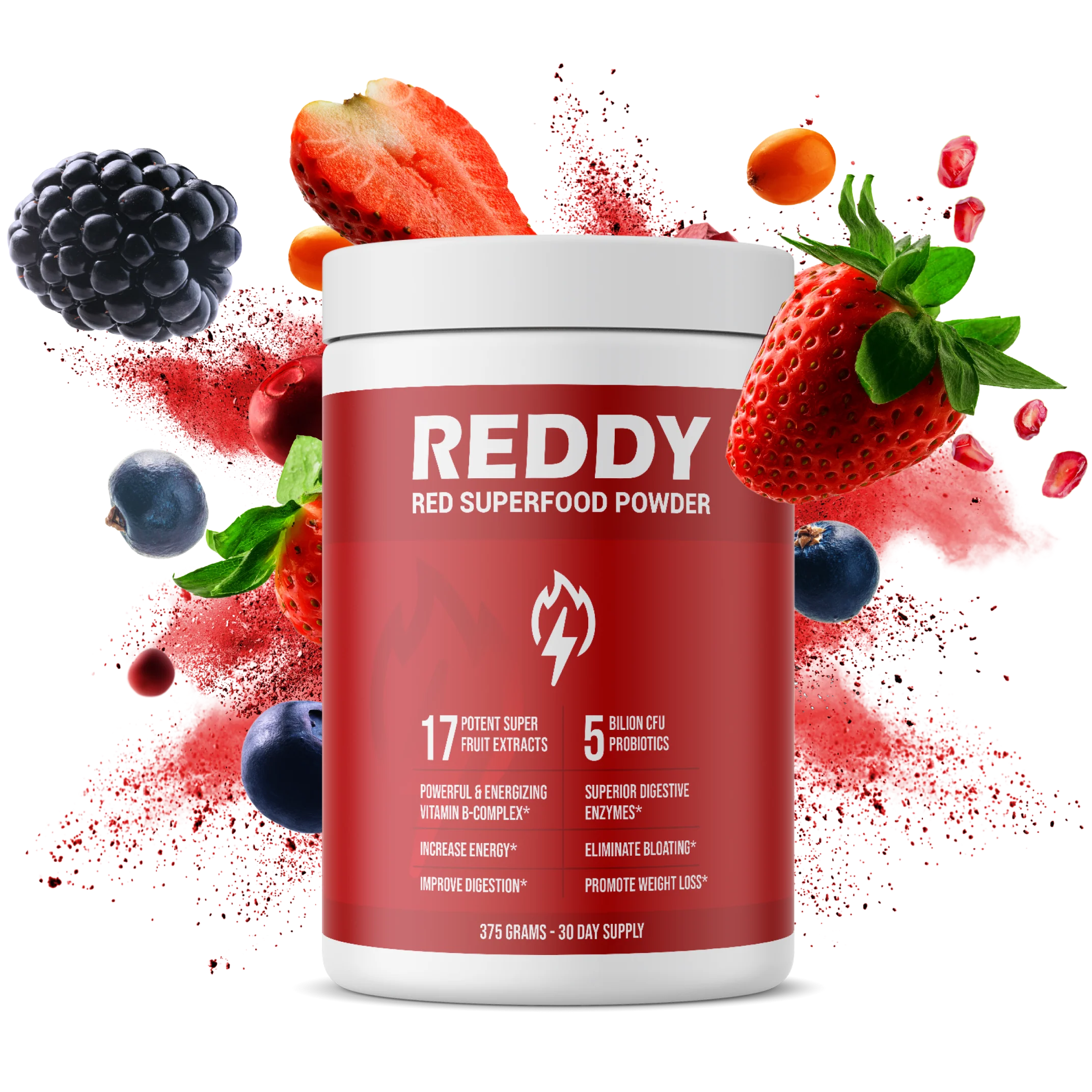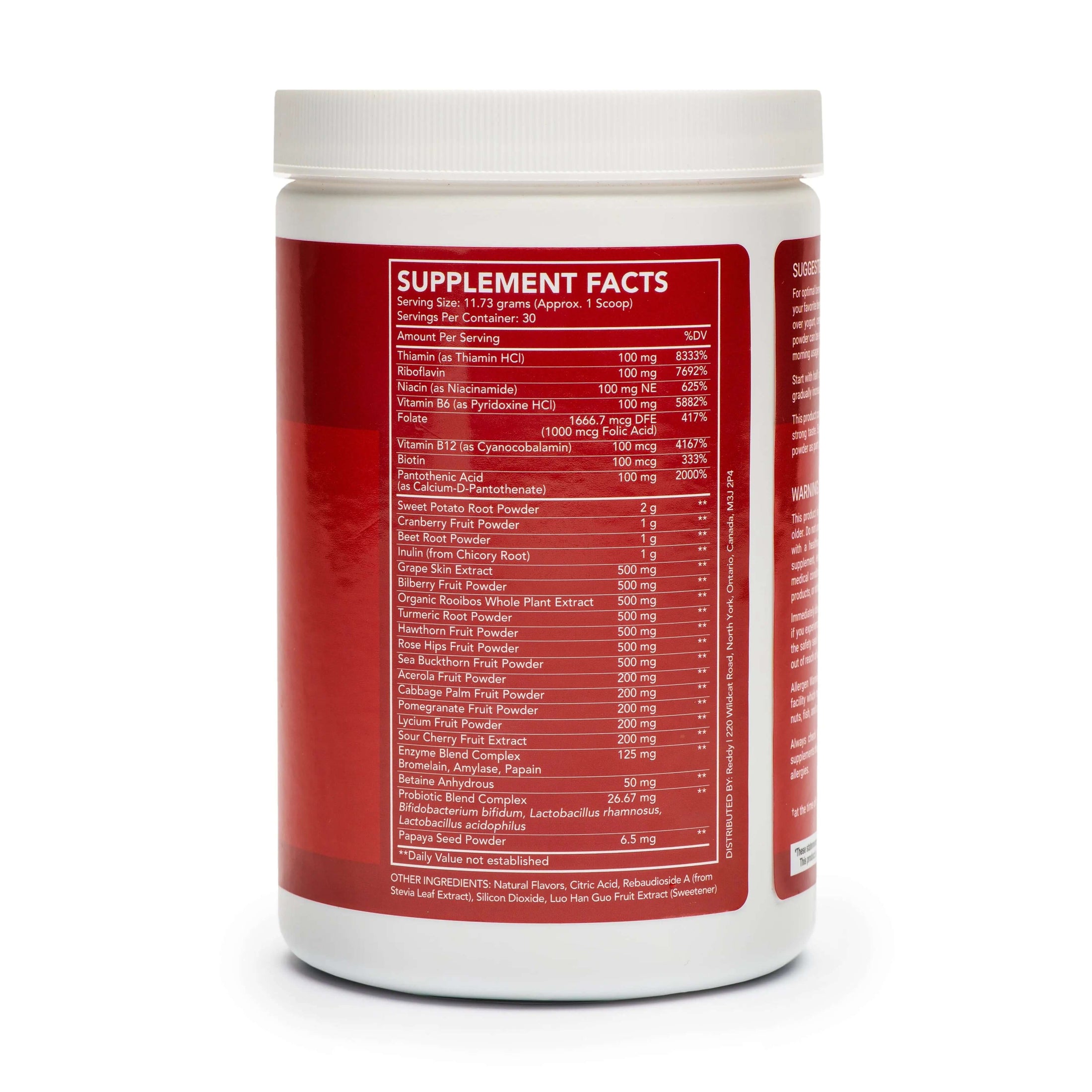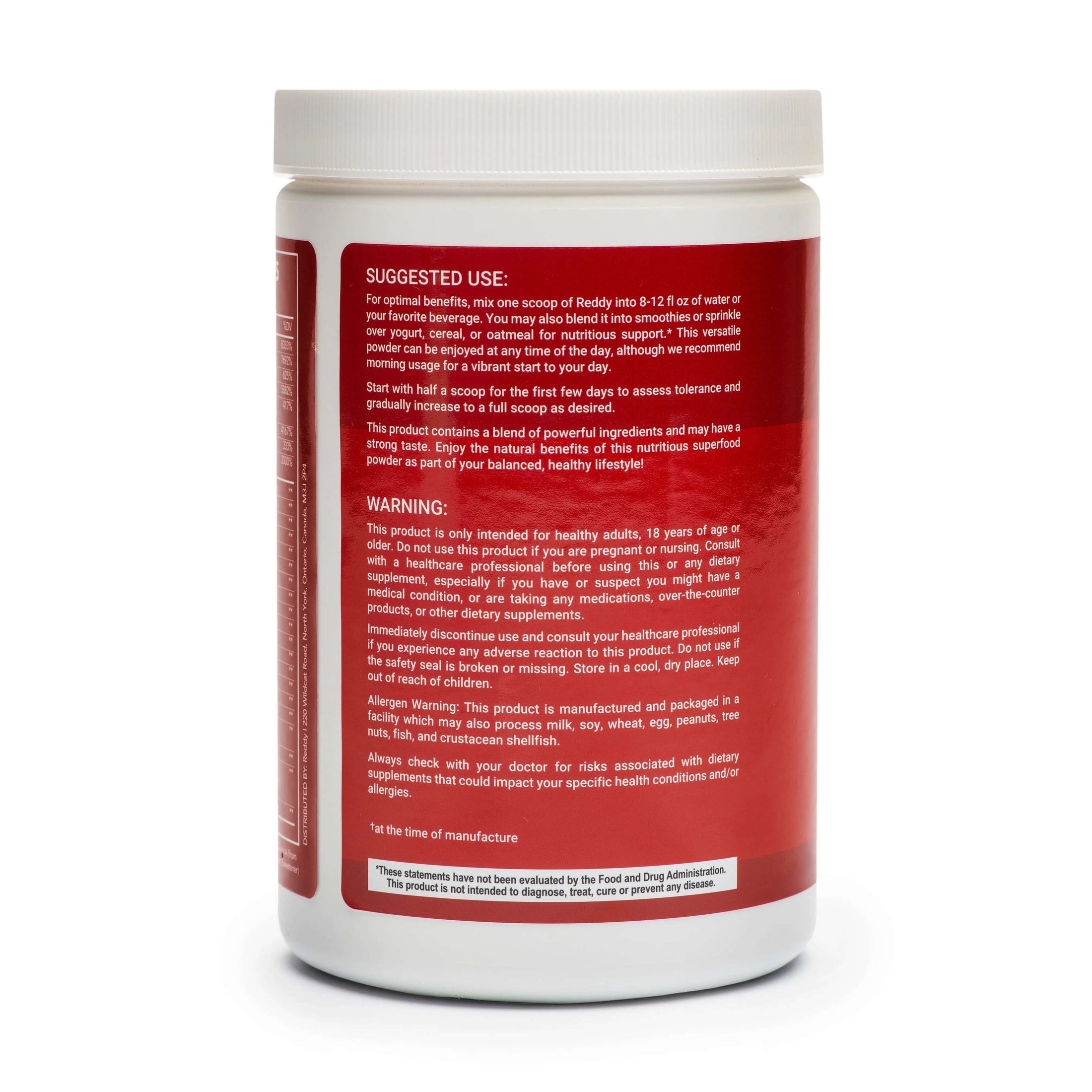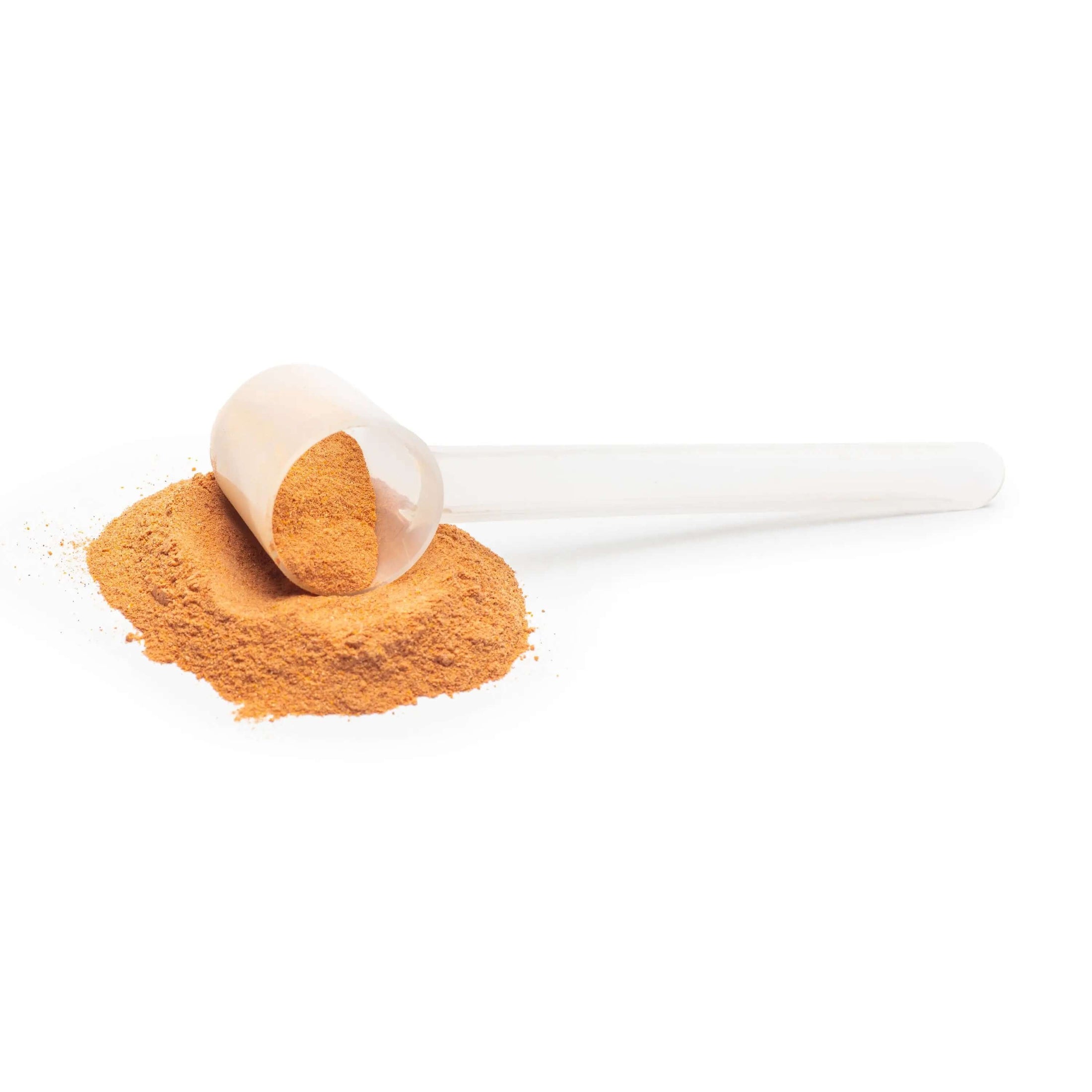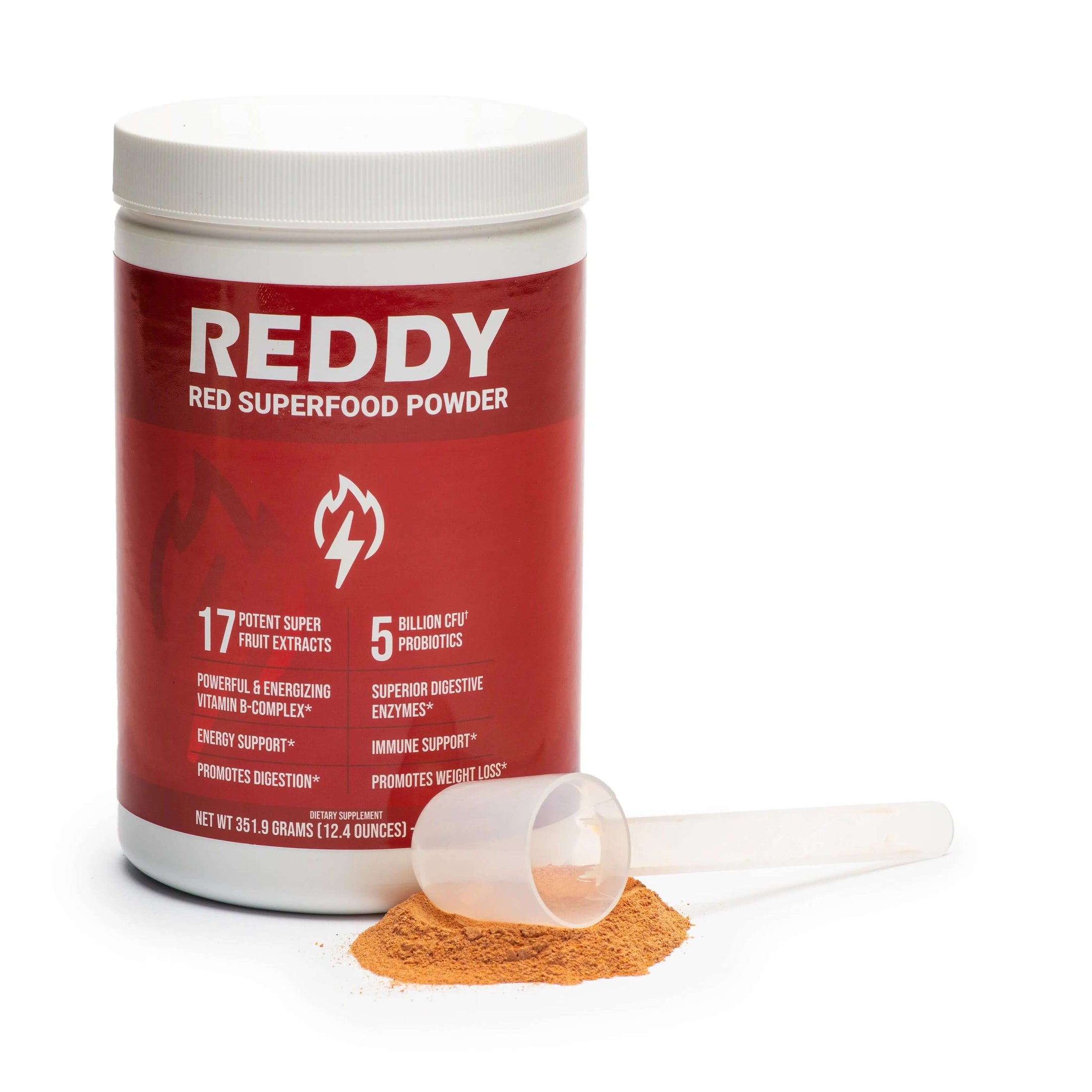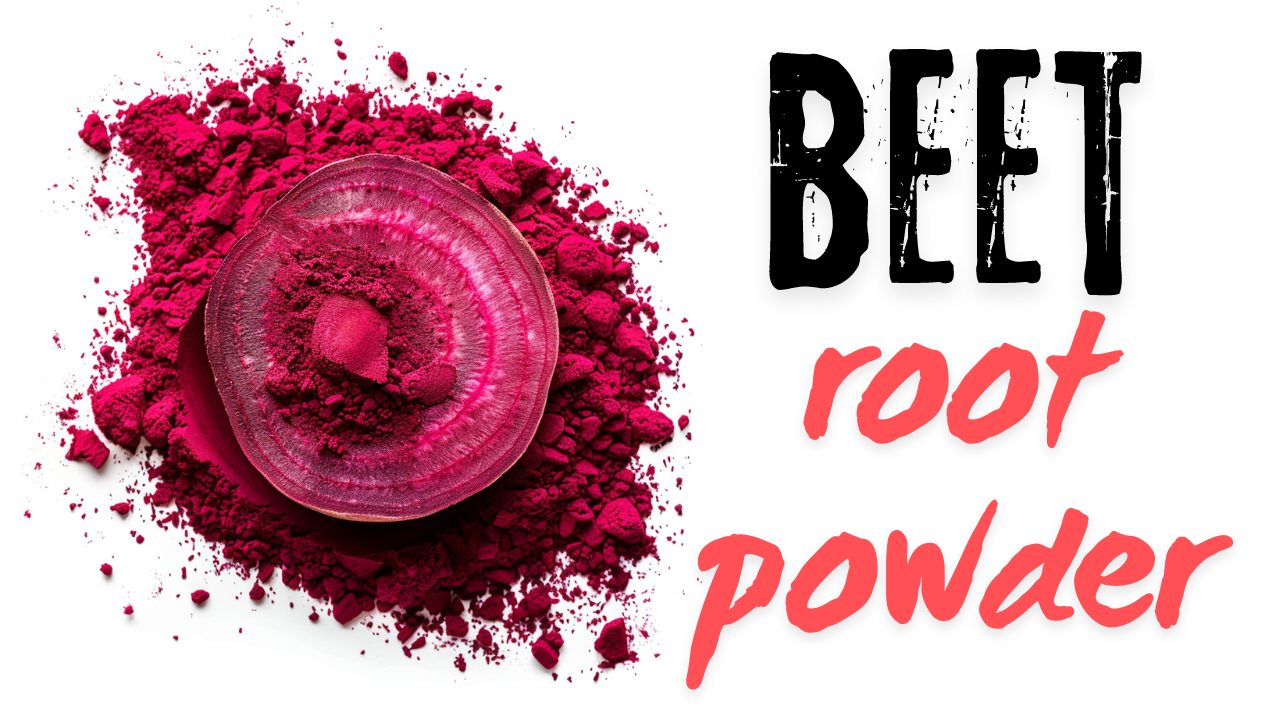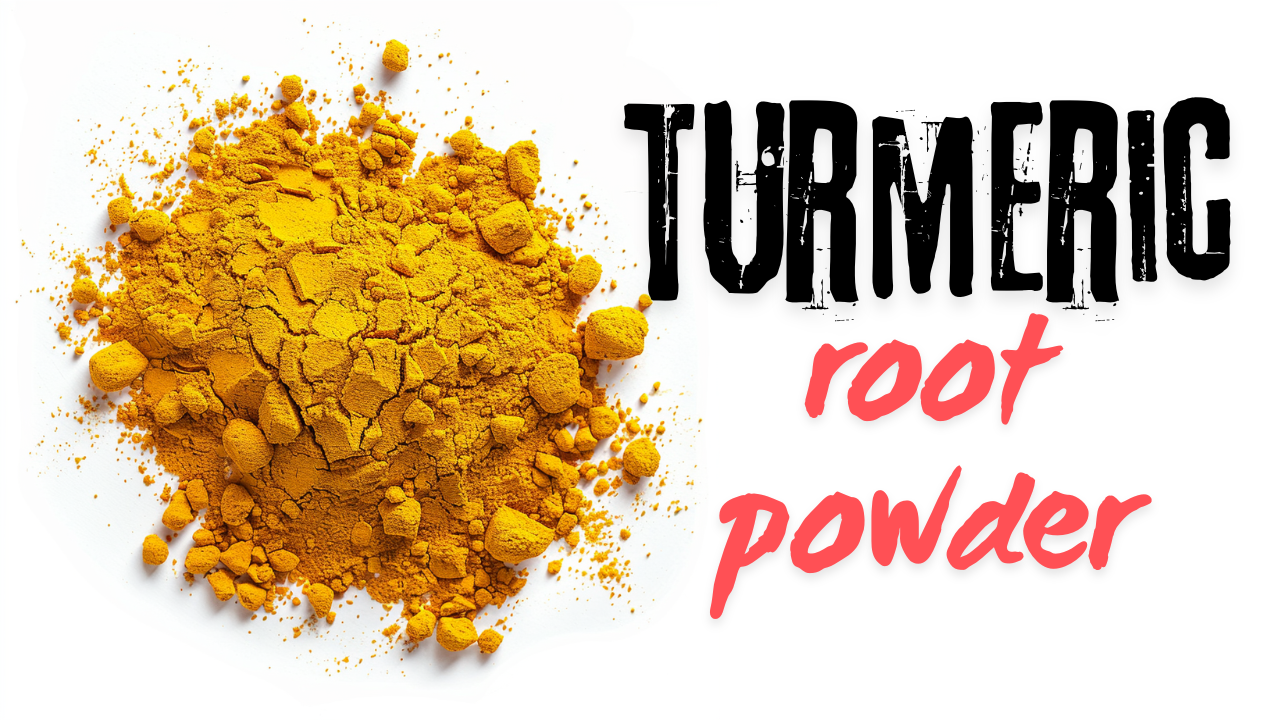Selecting the "best" Vitamin C supplement depends on individual health needs, preferences, and any specific dietary restrictions. Vitamin C, or ascorbic acid, is a crucial nutrient for immune function, collagen synthesis, and overall health. While it's always best to get nutrients from whole foods, supplements can be beneficial in certain situations. Here are some factors to consider when choosing a Vitamin C supplement:
1. Form of Vitamin C
- Ascorbic Acid: The most common and basic form of Vitamin C.
- Buffered Vitamin C: Contains mineral salts of ascorbic acid, making it gentler on the stomach. Ideal for those with a sensitive digestive system.
- Ester-C: A patented form of Vitamin C, claimed to be absorbed faster and stay in the body longer.
2. Dosage
- The Recommended Dietary Allowance (RDA) for Vitamin C varies by age and gender, but for adults, it's typically 65-90 mg per day, with an upper limit of 2,000 mg. Supplements often come in higher doses, so it's important to choose one that aligns with your needs.
3. Delivery Method
- Capsules/Pills: Convenient but can be difficult for some to swallow.
- Powders: Can be mixed with liquids; good for those who prefer not to swallow pills.
- Chewables/Gummies: Popular for children or those who prefer a tastier option. However, they may contain added sugars or sweeteners.
- Liposomal Vitamin C: Encapsulated in lipid spheres, claimed to improve absorption.
4. Additional Ingredients
- Some Vitamin C supplements include added bioflavonoids or other antioxidants, which can enhance absorption and efficacy.
5. Quality and Purity
- Look for supplements that have been third-party tested for quality and purity.
- Consider if the product is non-GMO, organic, allergen-free, or meets other specific dietary requirements (e.g., vegan, gluten-free).
6. Brand Reputation
- Choose supplements from reputable brands with a history of quality and safety.
7. Consult with Healthcare Providers
- It's always advisable to consult with a healthcare professional before starting any new supplement, especially if you have underlying health conditions or are taking other medications.
Conclusion
The "best" Vitamin C supplement varies based on individual health needs, dietary preferences, and sensitivities. It's important to evaluate the form, dosage, delivery method, additional ingredients, quality, and brand reputation when choosing a supplement. Remember, supplements should complement a balanced diet, not replace it, and professional medical advice is crucial in making an informed choice.




